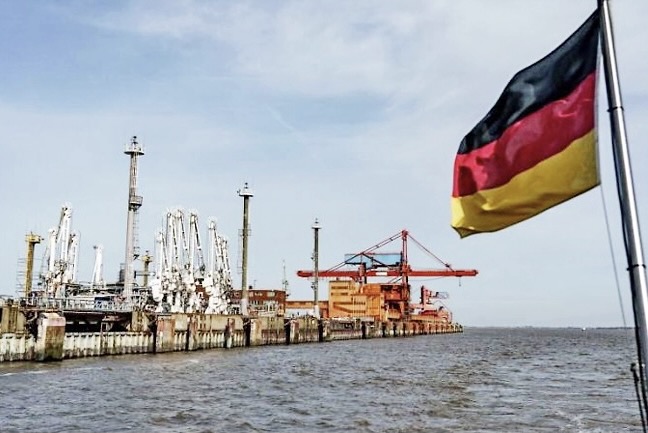Germany has released nearly EUR3 billion to acquire floating liquefied natural gas (LNG) import terminals, the Finance Ministry said on Friday, as it seeks to move away from dependence on Russian gas.
 Floating LNG terminals make an important contribution to reducing dependence on Russian energy imports quickly and sustainably. PHOTO: AFP
Floating LNG terminals make an important contribution to reducing dependence on Russian energy imports quickly and sustainably. PHOTO: AFP
“Dependence on Russian energy imports must be reduced quickly and sustainably,” tweeted Finance Minister Christian Lindner.
“Floating LNG terminals make an important contribution to this, for which we must provide funding,” he added.
A total of EUR2.94 billion has been made available for the lease of these huge LNG carriers, the Finance Ministry told AFP.
Europe, and Germany in particular, is counting on LNG to reduce its dependence on Russian imports after Moscow’s invasion of Ukraine.
Some 20 countries export this liquefied gas which is transported by ship, and whose three largest suppliers are Australia, Qatar and the United States (US).
Liquefied to take up less space, the LNG is regasified on arrival for distribution.
The mobile terminals, known as Floating Storage Regasification Units (FSRU), allow for converting LNG carried by a tanker into gas and injecting it into the pipeline network.
